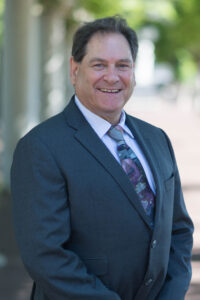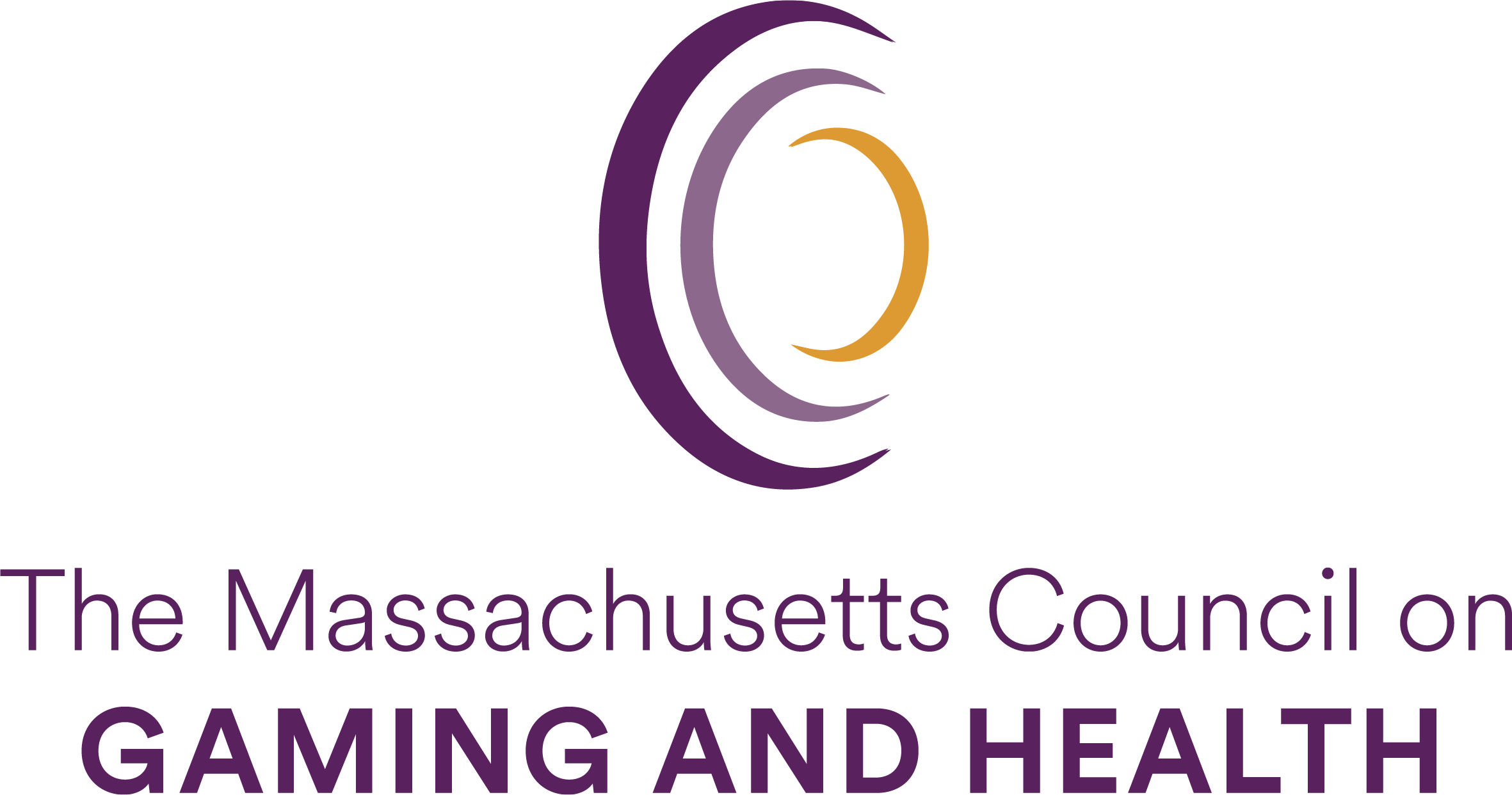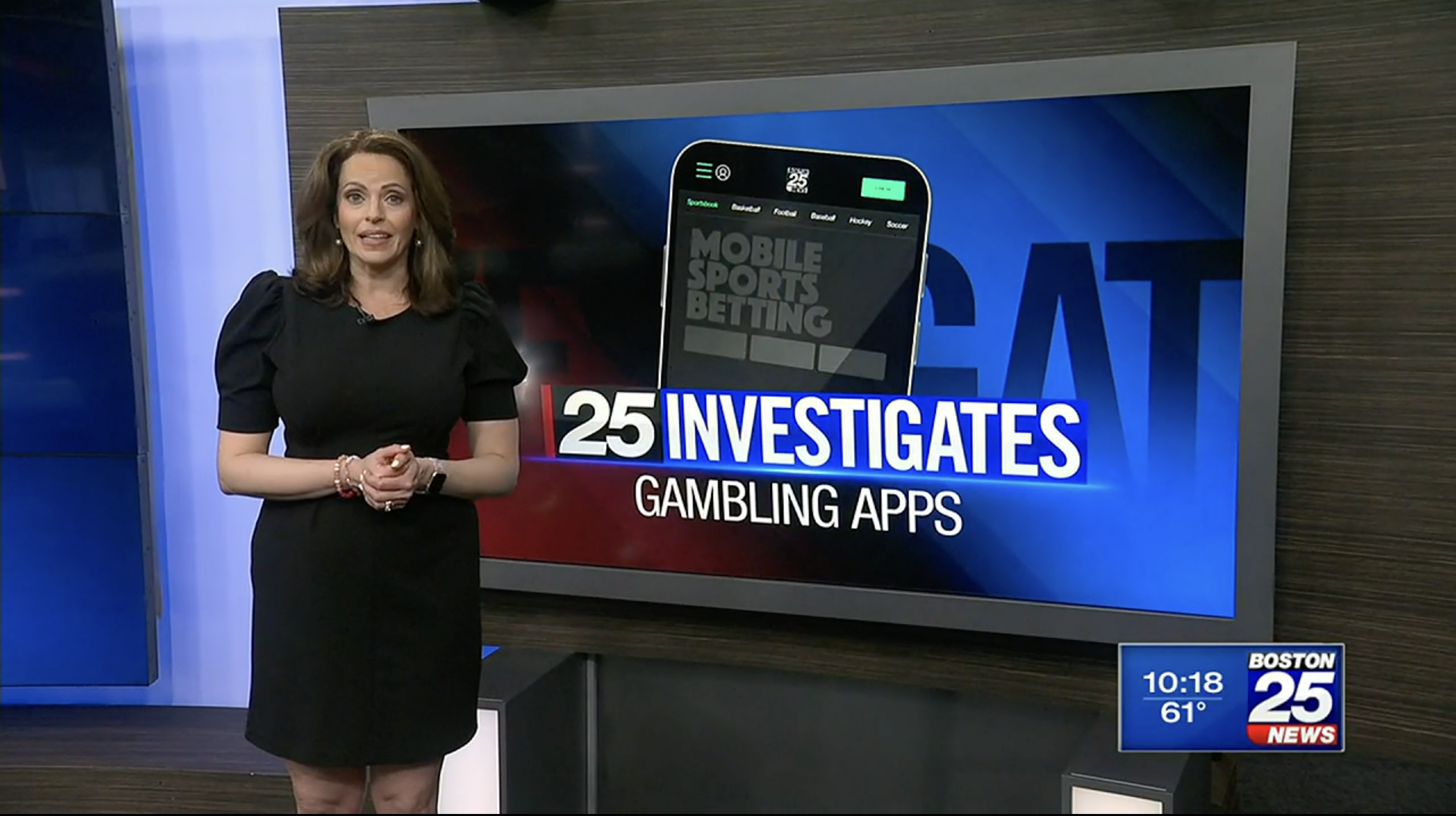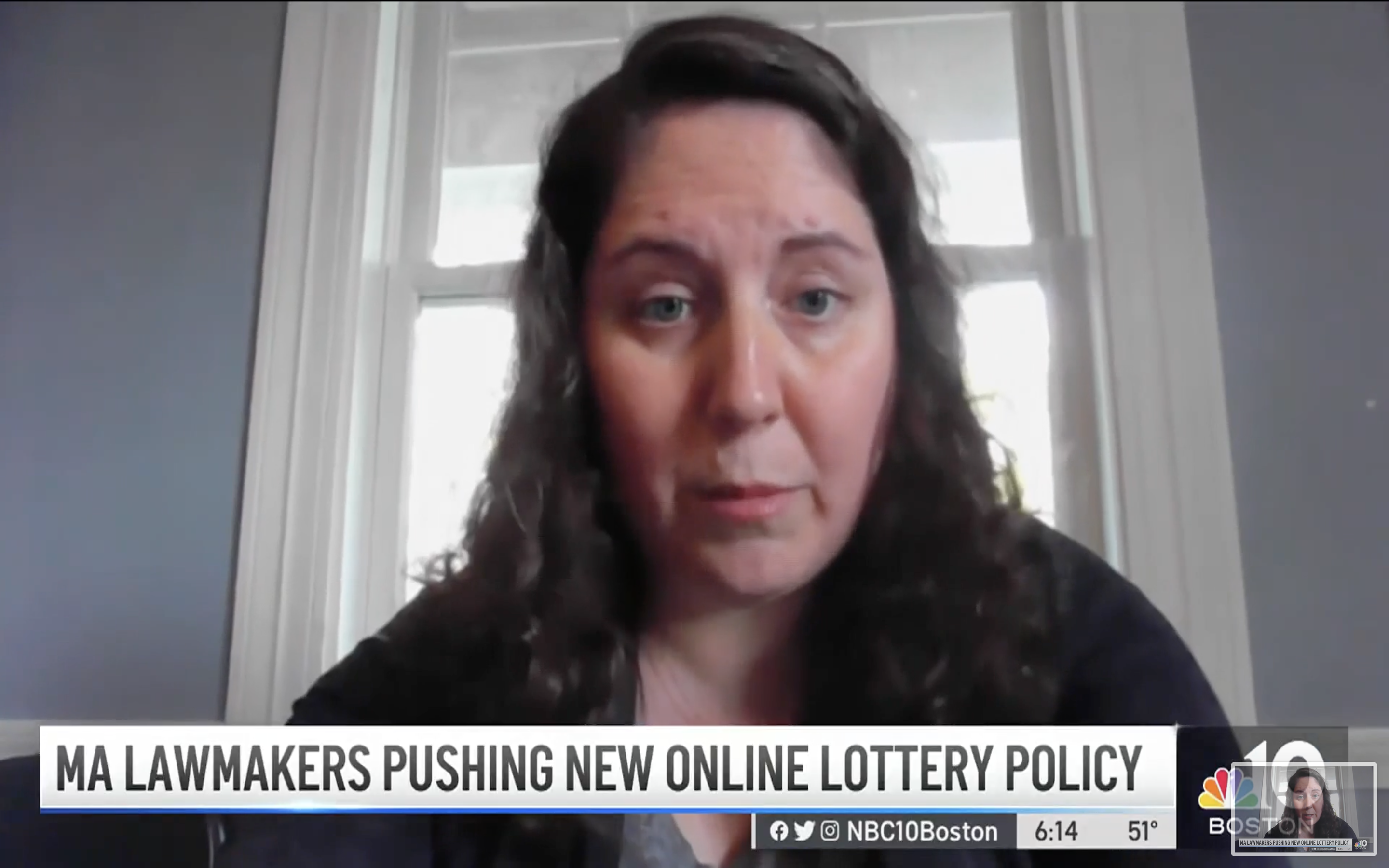[et_pb_section fb_built=”1″ _builder_version=”4.7.7″ min_height=”4171.6px” custom_margin=”0px||||false|false”][et_pb_row _builder_version=”4.7.7″ _module_preset=”default” min_height=”437.5px” custom_margin=”-55px||||false|false”][et_pb_column type=”4_4″ _builder_version=”4.7.4″ _module_preset=”default”][et_pb_divider _builder_version=”4.7.4″ _module_preset=”default”][/et_pb_divider][et_pb_text _builder_version=”4.9.3″ _module_preset=”default” custom_margin=”-20px||||false|false”]
- Spring into Connection – What signals to you that spring has sprung? Is it the wavering temperatures, the longer light of day, or maybe the crack of the baseball bat? Whatever it is, most are thrilled to know that the season in upon us.
- Gambling and Disclosure; Stack the Odds in Your Favor – Clinicians and other social service providers are encouraged to screen for problem gambling at intake. And yet, research tells us that even when brief screenings occur, clients rarely disclose gambling problems even when they do exist.
- A Day in the Life of a GameSense Advisor, featuring Rhonda Martins – As you may know, GameSense is an innovative, player-focused responsible gaming program that encourages players to adopt behaviors and attitudes that reduce the risk of developing gambling disorders.
- Kopel’s Corner: Aging Near a “Hometown” Casino: The Impact of Plainridge Park Casino on Older Adults in the Region – It has become a popular social leisure activity among older adults to go to casinos.
- Upcoming Trainings– See our upcoming training opportunities HERE!
[/et_pb_text][et_pb_divider _builder_version=”4.7.4″ _module_preset=”default”][/et_pb_divider][/et_pb_column][/et_pb_row][et_pb_row _builder_version=”3.25″ background_size=”initial” background_position=”top_left” background_repeat=”repeat”][et_pb_column type=”4_4″ _builder_version=”3.25″ custom_padding=”|||” custom_padding__hover=”|||”][et_pb_text _builder_version=”4.9.3″ background_size=”initial” background_position=”top_left” background_repeat=”repeat”]
Spring into Connection
 In Massachusetts we are grateful for the breaking of the cold and the ice, and here at MACGH we are always happy to marvel at all the work completed during the very busy month of March that marks Problem Gambling Awareness Month (PGAM).
In Massachusetts we are grateful for the breaking of the cold and the ice, and here at MACGH we are always happy to marvel at all the work completed during the very busy month of March that marks Problem Gambling Awareness Month (PGAM).
This past March was no different with special patron-focused games with patrons on the floors of the casinos, information dissemination with casino staff, and recovery-oriented sessions with centers around the Commonwealth. One of the other things launched was our Safer Gaming Education Line and Live Chat program. Just like the birds and trees entering into new life in the Spring, MACGH realized we needed to reengage our efforts to connect with the 90% of people who choose to gamble in Massachusetts and do so without a problem.
The Safer Gaming Education Line (SGEL) is a 24-hour phone line (1.800.426.1234) staffed by GameSense Advisors (GSAs) that allows anyone to call and speak live to a gambling expert. Maybe you have wondered whether your odds are better in roulette or baccarat. Maybe you don’t know how to calculate the house edge? Or maybe you want to engage in a live video-enabled Remote VSE from the comfort of your home? If you need help with responsible or problem gambling matters, an empathetic and educated person will answer whatever you have to ask and refer you to whatever you need.
While we wanted to meet the needs of those who still want to pick up the phone, we also set up a Live Chat program that can be accessed through www.macgh.org or www.gamesensema.com. Similar to the SGEL, a GSA will answer any question you have or refer you to the right resources by the simple click of a button. The difference here is it can all happen without ever having to pick up the phone. People can type while at play at a slot machine, while contemplating change in the middle of a lunch meeting, and can get comforted by someone before they actually want to talk to them. Resources can be linked directly in the chat and there is no need to wait for a packet in the mail when it can be customized and sent immediately to the chatter. In addition to personal questions, information on any of the services of the Council (trainings, interviews, etc) can be requested or delivered via Live Chat.
We know that Helplines have evolved and so have services. In response to that we wanted to offer personalized, on-demand, tech-savvy 24-hour services to those people who choose to gamble. Spring has definitely allowed for rebirth at MACGH—we hope you check us out!
Gambling and Disclosure; Stack the Odds in Your Favor
 We know that problematic gambling is linked with SUD relapse, intimate partner violence, child abuse or neglect, and disproportionately high rates of suicidality.
We know that problematic gambling is linked with SUD relapse, intimate partner violence, child abuse or neglect, and disproportionately high rates of suicidality.
This is not an issue that can afford to be missed. So how can we increase the odds of our clients speaking openly and honestly with us about the role that gambling plays in their life? We have curated a list of conversation starters that are likely to be revealing. You will see that the following questions are not stigmatizing or judgmental and just might help a reluctant client open up.
- How do you relieve stress?
- When do you feel your best?
- What do you do for entertainment?
- What are your favorite ways to celebrate?
- When do you feel energized?
- What do you like to do when you are bored?
- What hard decisions have you had to make around money?
- How often do you: Play games for money with friends or family? Visit the casino? Buy lottery tickets?
Identifying where a client currently falls on the gambling spectrum will help you notice signs of risky or disordered gambling down the line. We hope these questions will help you as you support others in their mental health and healing!
Are you a clinician interested in learning more about identifying signs of disordered gambling? The benefits of our Gaming Health Specialist Certificate (GHSC) may be of interest to you. Check it out here: https://macgh.org/wp-content/uploads/2020/08/GHS-application-and-docs-updated-1-6-21.pdf
A Day in the Life of a GameSense Advisor, featuring Rhonda Martins
 The MA Gaming Commission adopted it after it was identified as the leading responsible gambling program globally, and it was implemented at all three casinos in Massachusetts.
The MA Gaming Commission adopted it after it was identified as the leading responsible gambling program globally, and it was implemented at all three casinos in Massachusetts.
What you might not know are details about what a GameSense Advisor does on a day-to-day basis. Below is a short interview with superstar Rhonda Martins who typically works at the Encore Boston Harbor GameSense Information Center.
Q: What made you want to become a GameSense Advisor?
A: The decision to become a Gamesense advisor was easy. I had been in the casino business since 1993, and I witnessed many people lose everything. In the position I was in, I was not allowed to discuss responsible gaming. Becoming a GameSense Advisor allowed me to help patrons in distress and educate them about safe gambling behaviors.
Q: Describe your typical day.
A: During a typical day, I welcome guests to the casino and educate them about how table games and slot machines work. I teach them about the mechanics, explain the odds and encourage them to set time, spend and win limits. Essentially, I educate players about playing responsibly and keeping gaming fun and healthy. I also let them know about available resources should they develop concerns about gambling for themselves or a loved one.
Q: What are some of the challenges you face in your current role and in these recent times?
A: One of the biggest challenges I am facing is that due to social distancing, I cannot be as outgoing as I usually am, and it is harder to interact with guests. Additionally, and unfortunately, I am also seeing the same guests more often. When I mention I am surprised to see them on an unusual day, they often say there is nothing else to do right now since most places are closed. This provides me with an opportunity to remind them to try to balance their gambling with other types of entertainment, such as taking a walk outside, reading a book, or talking on the phone with family or friends.
Q: What do you think are some of the challenges you will face if sports betting is authorized in Massachusetts?
A: I feel the challenges will be similar. The bets will be different, but unfortunately, the outcome will be the same in some cases. Some guests will not know when to quit.
Q: What is your greatest career strength?
A: My greatest career strength is that I am a very compassionate person. I am also very well trained in table games and slot machines, so I can educate guests when they need information to help with their gaming literacy.
Q: How do you motivate yourself and help motivate your team?
A: I motivate myself by reminding myself what we do is so important. The guests who come to us are at their lowest point, and they need us to be nonjudgmental and compassionate and link them to essential resources. I motivate the team by always staying positive and enjoying my time at work.
Q: What is your favorite GameSense tip?
A: My favorite GameSense tip is: the real key to winning is knowing when to walk away – set a time limit, a loss limit, and a win limit.
Q: What advice would you give to a new GameSense Advisor?
A: The advice I would give to a new GSA is not to judge anyone. Show compassion and just be kind. Guests who come to us are in a very bad place, and you are in a place to help just by being compassionate, kind and understanding.
Aging Near a “Hometown” Casino: The Impact of Plainridge Park Casino on Older Adults in the Region
 The 2017 SEIGMA study reported that 71% of adults 65+ have gambled in the past year2. The UMass Boston Gerontology Institute partnered with the Mass. Council on Gaming and Health and the Mass COAs to research the risk to the aging population associated with having a proximate casino to their communities1. Specifically, the research examined whether close and easy access to a casino resulted in more positive or negative consequences for seniors.
The 2017 SEIGMA study reported that 71% of adults 65+ have gambled in the past year2. The UMass Boston Gerontology Institute partnered with the Mass. Council on Gaming and Health and the Mass COAs to research the risk to the aging population associated with having a proximate casino to their communities1. Specifically, the research examined whether close and easy access to a casino resulted in more positive or negative consequences for seniors.
The methodology was designed to provide a 360-degree perspective. It included qualitative one-on-one interviews with senior center directors and quantitative surveys of seniors in communities in and surrounding Plainridge Park Casino (PPC). In addition, GameSense Advisors from all 3 Massachusetts casinos offered their perspectives about older patrons in online focus groups. Finally, GameSense interaction checklist data, collected at the time patrons met with GSAs, such as patron time of day and age category, offered valuable supplemental behavioral information.
Overall, the research revealed that problem casino gambling among older residents was generally not viewed as a significant concern among the senior community. Statistics show seniors experience the same or lower problem gambling behavior levels and take on less risk than the younger population. One of the overarching findings is that as people age, they often tend to experience loneliness and isolation. For the vast majority of respondents, PPC has the potential to be a positive outlet, similar to that of local senior centers. GSAs concur, saying that seniors like to take advantage of the free food vouchers and promotional gifts and to socialize with their peers, but overall they tend not to gamble to excess.
With that said, the existence of a “home-based casino” is not without its issues. While most aging adults do not exhibit gambling problems, the proximity to a casino can negatively impact those aging adults with high-risk problem gambling behaviors. At PPC, GSAs can play an important role as they tend to know the regulars fairly well and will try to help when needed. In some cases, the GSAs have supported adult children looking for help with a parent who could have or be developing a gambling problem.
Overall, this study identifies positive opportunities for PPC, GameSense, and the senior centers to collaborate in support of seniors living in the local and neighboring communities.
- Coyle, Caitlin, Bui, Cindy N., and Kopel, Phil. “Aging Near a ‘Hometown’ Casino: The Impact of Plainridge Park Casino on Older Adults in the Region.” (March 2021). Center for Social and Demographic Research on Aging Publications.
- Volberg, R. A., Williams, R. J., Stanek, E. J., Houpt, K. A., Zorn, M., Rodriguez-Monguio, R. (2017). Gambling and Problem Gambling in Massachusetts: Results of a Baseline Population
Survey. Amherst, MA: School of Public Health and Health Sciences, University of Massachusetts Amherst.
[/et_pb_text][/et_pb_column][/et_pb_row][/et_pb_section]




